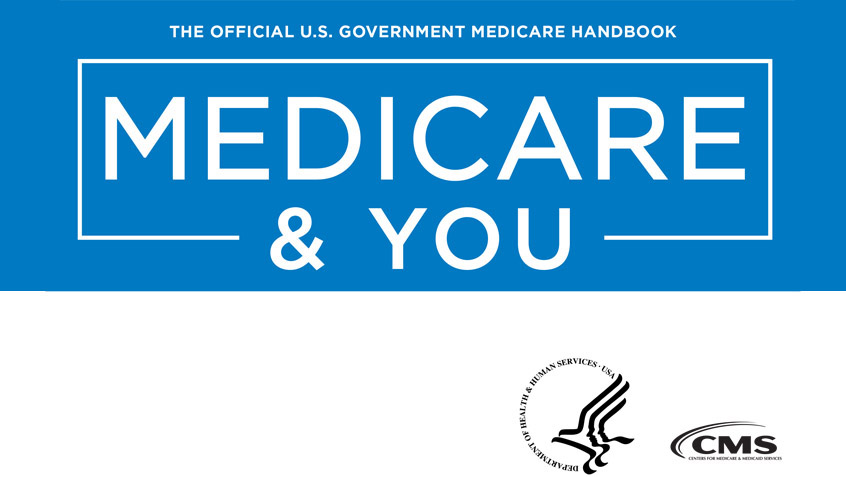
CMS Medicaid Demonstrations Lack Transparency, GAO Finds
The US Government Accountability Office (GAO) released a report this week finding that the Centers for Medicare & Medicaid Services (CMS) is insufficiently open about Medicaid demonstrations. Demonstrations allow states to test new approaches to delivering services under the Medicaid Program. Currently, demonstrations account for nearly a third of Medicaid spending.









